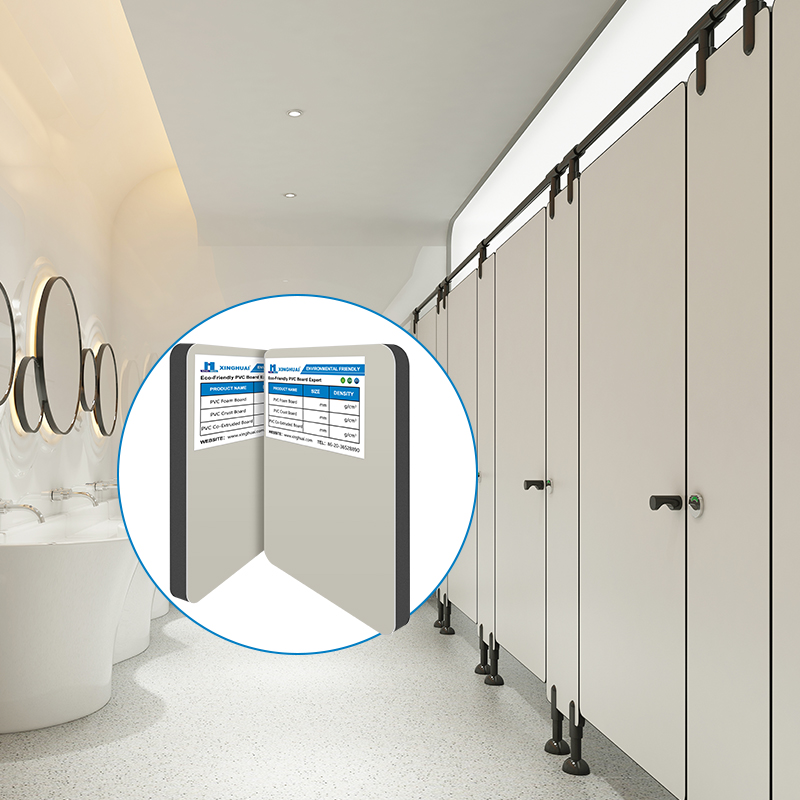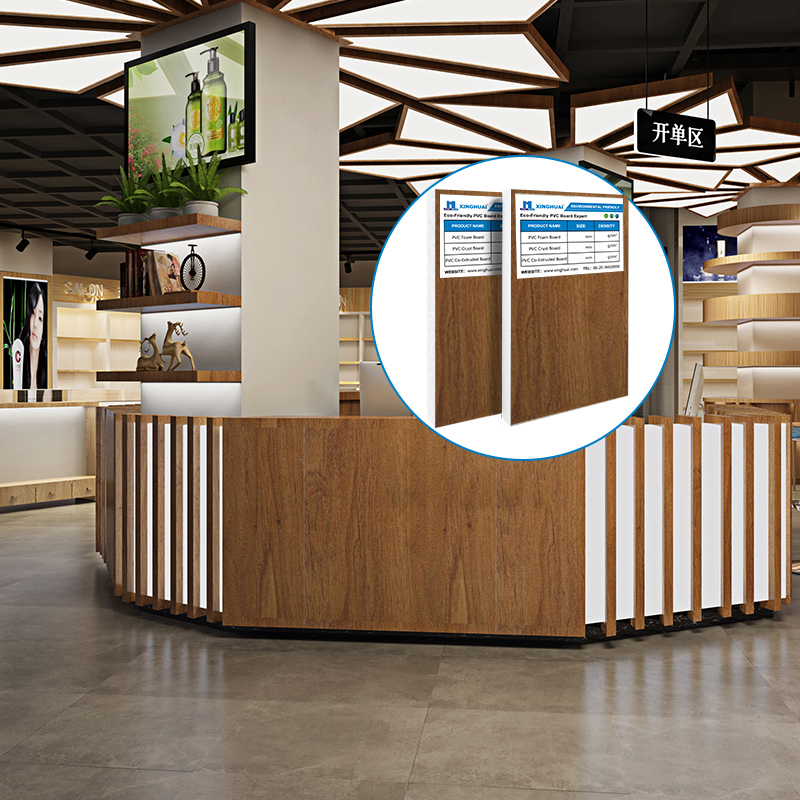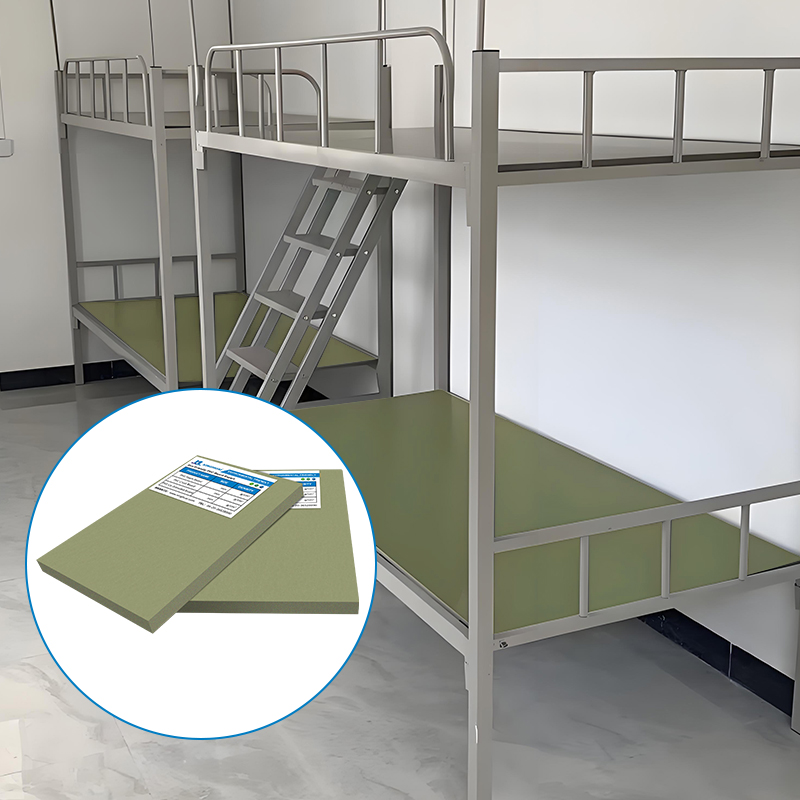PVC (Polyvinyl Chloride) boards are widely used across industries due to their durability, moisture resistance, and versatility. From laminated PVC foam boards to PVC hard foam boards and PVC foam wall panels, these boards come in various thicknesses and finishes to suit specific applications. The thickness of a PVC board significantly impacts its strength, which in turn influences its performance in different environments. Here, we’ll explore how thickness affects PVC board strength and which applications benefit from varying thickness levels.
Increased Thickness, Enhanced Strength
Generally, as the thickness of a PVC board increases, so does its strength and rigidity. A thicker board can support more weight, resist impact, and withstand external pressures without bending or breaking. For example, thicker PVC hard foam boards or PVC coated foam boards are ideal for structural applications, such as shelving or wall cladding, where strength is critical.
Load-Bearing Capabilities
In applications where the board needs to support a load, such as furniture components or partitions, thicker PVC boards offer superior load-bearing capabilities. Thin PVC boards might flex or warp under heavy weight, while thicker boards remain stable and strong. For instance, laminated PVC foam boards with added thickness are often used for creating durable, load-bearing shelves or countertops in kitchens and bathrooms.
Impact Resistance
Thickness also contributes to impact resistance, an essential factor for applications in high-traffic or heavy-use areas. Thicker PVC boards can absorb more impact without denting or breaking, making them a better choice for environments where the board might be subject to knocks or drops. PVC foam wall panels in high-traffic areas, such as commercial spaces, benefit from added thickness for better resistance to accidental impacts.
Water Resistance and Dimensional Stability
While all PVC boards are inherently water-resistant (PVC board tahan air), thicker boards tend to exhibit better dimensional stability when exposed to water. A thicker PVC coated foam board resists warping or deformation from humidity or water exposure more effectively than a thinner board, making it ideal for outdoor applications, bathroom walls, or pool surroundings.
Thermal and Acoustic Insulation
The thickness of PVC boards also affects their insulation properties. Thicker boards provide better thermal and sound insulation, which is beneficial for applications in building interiors. PVC foam wall panels with greater thickness help insulate rooms by reducing temperature fluctuations and noise levels, adding comfort and privacy to spaces like offices or residential buildings.
Flexibility and Versatility
While thicker boards provide strength, thinner PVC boards offer flexibility, which can be an advantage in certain applications. For instance, a thinner PVC coated foam board can be easily cut, shaped, and installed in complex spaces. However, this reduced thickness is more suited to applications where structural strength isn’t the primary requirement, such as decorative wall panels or signage.
Cost Considerations
The cost of PVC boards generally increases with thickness, as more material is required. Therefore, when selecting a PVC board thickness, it’s important to balance strength needs with budget considerations. If the application doesn’t require high strength, opting for a thinner PVC board can be a more cost-effective choice.
Conclusion
The thickness of a PVC board directly influences its strength, load-bearing capability, impact resistance, and insulation properties. Thicker boards, such as PVC hard foam board or laminated PVC foam board, are preferred for applications requiring structural strength, durability, and stability, while thinner boards offer flexibility and are ideal for lightweight decorative uses. By selecting the right thickness, users can ensure that their PVC boards meet the specific demands of their application, whether for functional durability or cost-effective versatility.




